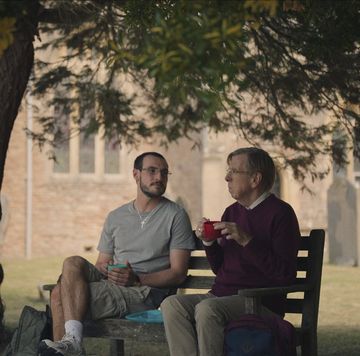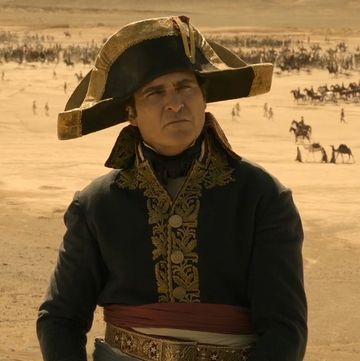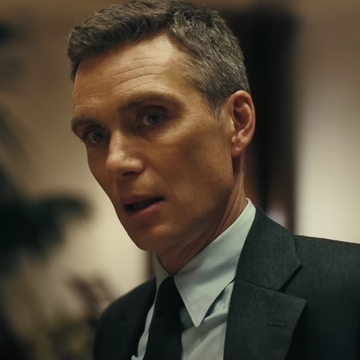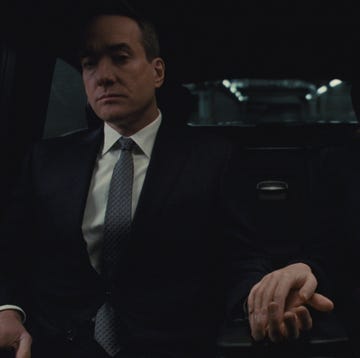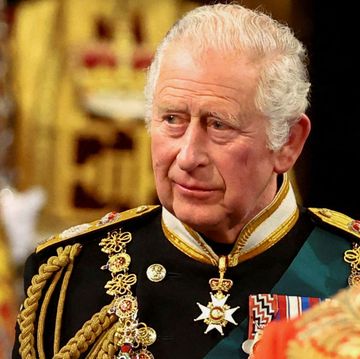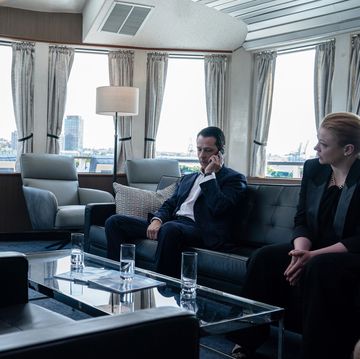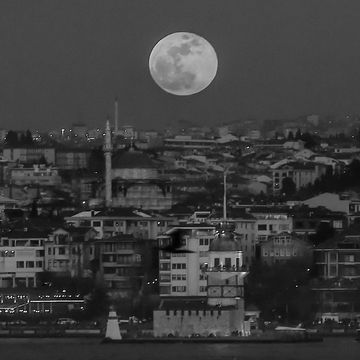In perhaps the final landmark essay of his career, Roger Ebert called The Tree of Life “a form of prayer,” saying it “created within me a spiritual awareness, and made me more alert to the awe of existence.” For the legendary critic, this was the highest sort of praise, as he explained “few films evoke the wonderment of life's experience, and those I consider a form of prayer.”
Today, over seven years after the film ruptured cinema screens like a tornado ripping through the placid streets of 1950s suburban town, it’s still hard not to feel that waning call of destiny, fate, God, Mother Nature (or whatever you prefer to call it). In the stunning new transfer that was just released on DVD and Blu-ray box sets from the Criterion Collection, the film seems to take on an aura of actual scripture.
Among the spectacular documentaries, video essays, and extra featurettes included in the Criterion set is Ebert’s famous “Prayer” piece, which feels almost prophetic as you page through today, as he wrote, two years before his own death, “in the span of the universe, we inhabit an unimaginably small space and time, and yet we think we are so important. It is restful sometimes to pull back and change the scale, to be grateful that we have minds that can begin to understand who we are, and where are in the vastness.”
Like the loss of Roger Ebert, the dawn of time, and the inevitable end of our known universe, all things are put into perspective when experiencing The Tree of Life—but there’s still a lot to be reckoned with, both in the ambitious, even Bible-sized message the film tried to tell, and in the legacy that an instantly mythic work of contemporary art leaves on the next generation of filmmakers and our culture at large. Luckily, in yet another baffling move in his characteristically unconventional career, Terrence Malick actually seems willing to help us parse out some of The Tree of Life’s more mysterious elements by unveiling an extended 188-minute version of the film in this Criterion package, which includes a whopping 49 minutes of completely new material, most of which resonates around some of the more confounding mysteries of the theatrical cut of the film.
This new film is by no means a standard “extended cut” in the tradition of which we’ve become familiar in trendy box sets of late. It is a “director’s cut” in the sense that the entire edit of this project was overseen by Malick, even featuring a brand new colour correction by renowned DP Emmanuel Lubezki. But it feels reductive to refer to this version of the film as anything other than a new piece of work. Yes, it contains hours of the former version’s material, still meditating on much of the same scenarios, characters, and locations, but it feels imbued with a new, more muted palette, and an even closer intimacy with its subject matter, perhaps reflecting a filmmaker with different curiosities than the ones he held a over decade ago when Malick’s vision for the astral voyage was first conceived.
Central to these new curiosities is the inner life of Mr. O’Brien, the stubborn patriarch portrayed by Brad Pitt in a performance that still today feels like a breakthrough for the actor. While the theatrical cut offered some insightful glimpses into the psyche of the domineering (yet ultimately stunted) man, Malick’s new edit really remodulates the character, pumping in unexpected vibrations of empathy for a father who now seems less confidently ignorant to emotion, and more alienated from his peers, or perhaps, pathetic. These vibrations come in the form of welcome flashbacks that depict the trials of Mr. O’Brien’s own father, a similarly dejected, tragic case of a man who forces us to consider if Pitt’s character ever really stood a chance within the harsh dichotomy of nature vs. nurture that Malick waltzes between so intimately throughout the film.
But the starkest new insight into Mr. O’Brien’s inner life is inferred via the arrival of his brother-in-law, Mrs. O’Brien’s sibling (played by Jack Hurst) who represents for the children a playful, less guarded form of masculinity that can both command the household— while still living in the “grace” of mercy and earthy sensuousness that Jessica Chastain’s mother character so lovingly represents throughout the film. But of course, his happy arrival comes not without reprimand from Mr. O’Brien, who, after listening to the brother’s earnest pleas to treat the family more forgivingly, boorishly admonishes him to leave the house and “go back to [his] mother.”
The overwhelming effect of this sequence, though, is not one of hatred towards Pitt’s burdensome father figure, but sympathy. He seems sad. Broken. Not only a failure of the important man he dreamt of becoming, but a shadow of the father he could have been for his children.
Malick’s films are always obsessed with the balance of all things, and The Tree of Life grapples with the graceful justice (or injustice) of nature more directly than any of his other nine major productions. When the scale is tipped away from Mr. O’Brien’s favour, of course the tide eventually rolls back in for him, showing the deep, almost astronomical necessity for his unapologetically harder, more human form of parenting.
In a blisteringly exhilarating new sequence that fans of the film would really be remiss not to watch, a tornado descends upon the tranquil streets of Waco, Texas, and without Brad Pitt’s protective presence in the house (his character is off traveling the world on business affairs), the children and mother are helpless against the raw power of nature. This sequence calls to mind another new scene that’s plopped earlier into the edit, in which a group of baby birds sit on the lawn, completely defenceless out of their nest from high above. And thus Malick’s thesis resonates again, clearer and louder here, as the roots of “the way of nature” and the “way of grace” grow ever-entangled, bringing full circle the haunting whispers from the film’s opening narration: “Father. Mother. Always you wrestle inside me. Always you will.”
Indiewire spoke with Criterion technical director Lee Kline, who said that Malick’s enigmatic decision to recalibrate a finished piece of cherished cinema was informed by his perspective that “No one asked Bob Dylan to play a song the same way every night. Why should I have to make one film?” A fascinating concept, applying the more improvisational culture of music to the cut-and-dry finality of cinema. I’m not completely sure this concept could be sustainable in an industry that relies of finished works of art to be distributed across cinemas in the same way each time for posterity and historical reference. But, like with all creative decisions of the reclusive auteur, if this is how Malick wants to preach, we’re just happy he’s here at the chapel at all.
Dom Nero is a Senior Creative Producer at Esquire, where he also writes about film, tv, tech, and video games. Elsewhere, Dom hosts Eye of the Duck, a podcast about essential movie scenes.





